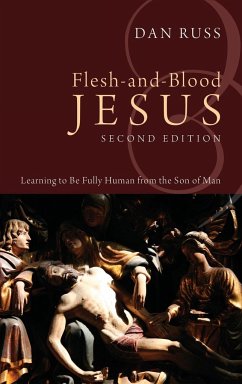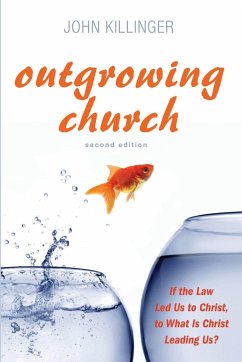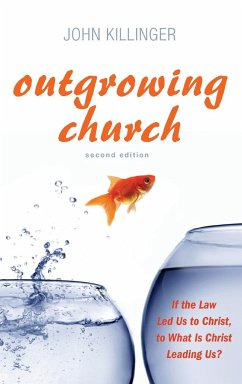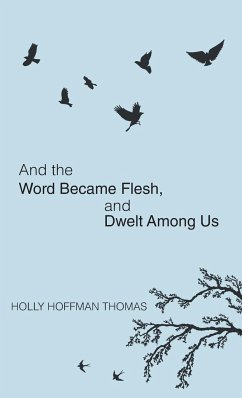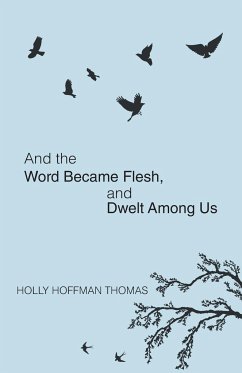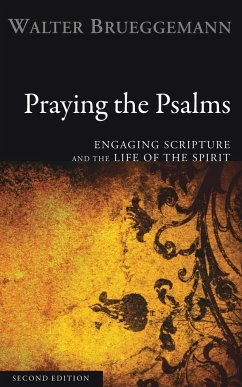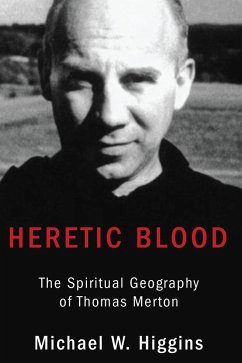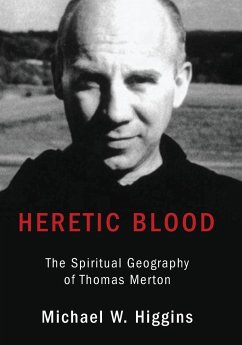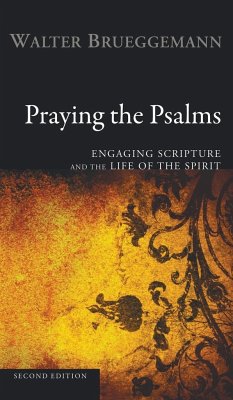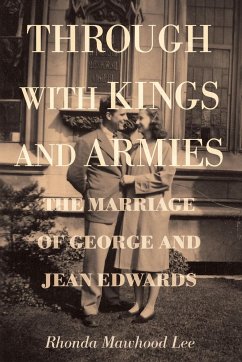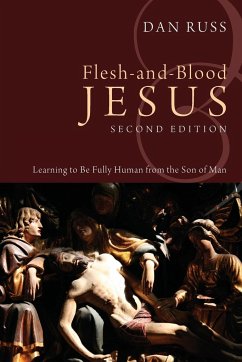
Flesh-and-Blood Jesus, Second Edition
Versandkostenfrei!
Versandfertig in 1-2 Wochen
18,99 €
inkl. MwSt.
Weitere Ausgaben:

PAYBACK Punkte
9 °P sammeln!
Christians are prone to so focus on the realities of Jesus' divinity that we minimize or ignore the realities of his humanity. That he called himself the Son of Man more than any other title emphasizes that Jesus lived humanly in our fallen world, facing our temptations and living out the tensions of being human in the flow of life. He was just like us, human in a sinful world, yet he did not sin. So what can we learn from Jesus' glorious life about the meaning of our own humanity, about the tensions of being human in a sinful world and the difference between being a sinner and being a finite,...
Christians are prone to so focus on the realities of Jesus' divinity that we minimize or ignore the realities of his humanity. That he called himself the Son of Man more than any other title emphasizes that Jesus lived humanly in our fallen world, facing our temptations and living out the tensions of being human in the flow of life. He was just like us, human in a sinful world, yet he did not sin. So what can we learn from Jesus' glorious life about the meaning of our own humanity, about the tensions of being human in a sinful world and the difference between being a sinner and being a finite, flesh-and-blood human being? With this book as a helpful and trustworthy guide, you will begin to see how we can learn from Jesus how to: - live gracefully in our bodies, even our wounded and dying bodies - live with integrity as finite human beings who are created to enjoy limits - love our family, friends, neighbors, strangers, and enemies - enjoy being alone without being lonely - enjoy the good things of life - wear our scars with hope and dignity - learn to die As Dr. Russ shows, it is by truly encountering, understanding, and learning from Jesus' humanity that we can become more fully and truly human.





